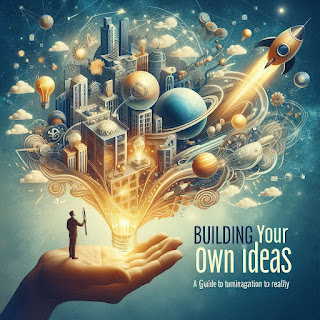Understanding the Complex World of Politics: An Insightful Exploration
## What is Politics?
Politics is the process by which groups of people make collective decisions. These decisions are often grounded in the exercise of power, authority, and governance. It encompasses various activities associated with the governance of a country or area, especially the debate between parties having power. Aristotle famously described humans as "political animals," highlighting the inherent connections between politics and human nature.
## The Importance of Politics
### 1. **Governance and Order**
Politics establishes governance structures that maintain order and provide services to the public. It ensures the implementation of laws and policies that regulate behavior within society and protect the rights of citizens.
### 2. **Resource Allocation**
One of the primary functions of politics is the distribution of resources. Through political decisions, governments decide on the allocation of financial resources to various sectors such as healthcare, education, defense, and infrastructure.
### 3. **Representation**
In democratic societies, politics offers a platform for representation. Citizens elect representatives to voice their interests and concerns in government, ensuring that diverse viewpoints are considered in decision-making processes.
### 4. **Conflict Resolution**
Politics provides mechanisms for resolving conflicts through dialogue, negotiation, and legal frameworks, preventing disputes from escalating into violence.
### 5. **Policy Making**
Political systems facilitate the creation of policies that address societal issues, such as economic inequality, climate change, and social justice. These policies are vital for the progress and development of societies.
## Key Concepts in Politics
### 1. **Power and Authority**
- **Power**: The ability to influence or outright control the behavior of people. Power can be based on various factors, including wealth, knowledge, and position.
- **Authority**: Legitimate power that is recognized and accepted by society. Authority is often institutionalized within governments and organizations.
### 2. **Government Systems**
- **Democracy**: A system where citizens have the power to elect their leaders and have a say in decisions that affect their lives.
- **Authoritarianism**: A system where power is concentrated in the hands of a single leader or a small elite not accountable to the public.
- **Monarchy**: A form of government with a monarch at the head, such as a king or queen, which can be either absolute or constitutional.
### 3. **Political Ideologies**
- **Liberalism**: Advocates for individual freedoms, democracy, and free-market economies.
- **Conservatism**: Emphasizes tradition, social stability, and maintaining established institutions.
- **Socialism**: Supports social ownership and democratic control of the means of production, aiming for equality and social justice.
### 4. **Political Parties**
Political parties are organizations that seek to achieve political power by participating in electoral campaigns and public policy debates. They provide structured competition for political office and help channel diverse interests into coherent policy programs.
### 5. **Elections and Voting**
Elections are crucial to democratic systems, allowing citizens to choose their representatives. Different electoral systems, such as proportional representation or first-past-the-post, can significantly affect the political landscape.
## Contemporary Political Issues
### 1. **Climate Change**
Climate change is a pressing global issue, requiring coordinated political action to mitigate its impacts. Political debates often center on policies related to carbon emissions, renewable energy, and environmental conservation.
### 2. **Economic Inequality**
The growing gap between the rich and the poor has sparked political movements worldwide. Addressing economic inequality involves discussions on taxation, minimum wage laws, and social welfare programs.
### 3. **Globalization**
Globalization has interconnected economies but also raised concerns about job losses, cultural homogenization, and economic dependency. Political responses vary, with some advocating for more protectionist policies and others for increased international cooperation.
### 4. **Human Rights**
Human rights issues, including gender equality, freedom of speech, and the rights of minorities, remain central to political discourse. Governments and international organizations often face challenges in balancing national interests with human rights obligations.
### 5. **Populism**
The rise of populist leaders and movements, characterized by anti-establishment rhetoric and nationalistic policies, has disrupted traditional political dynamics in many countries. Populism often reflects public discontent with perceived political elites and economic disparities.
## Conclusion
Politics is a complex and ever-evolving field that plays a crucial role in shaping the world we live in. Understanding its key concepts and contemporary issues allows us to better appreciate the forces that govern our lives. As active participants in society, it is essential for individuals to engage with political processes, stay informed, and contribute to the collective decision-making that drives progress and addresses global challenges. Whether through voting, advocacy, or public discourse, each person's involvement in politics helps build a more just and equitable world.



Comments
Post a Comment